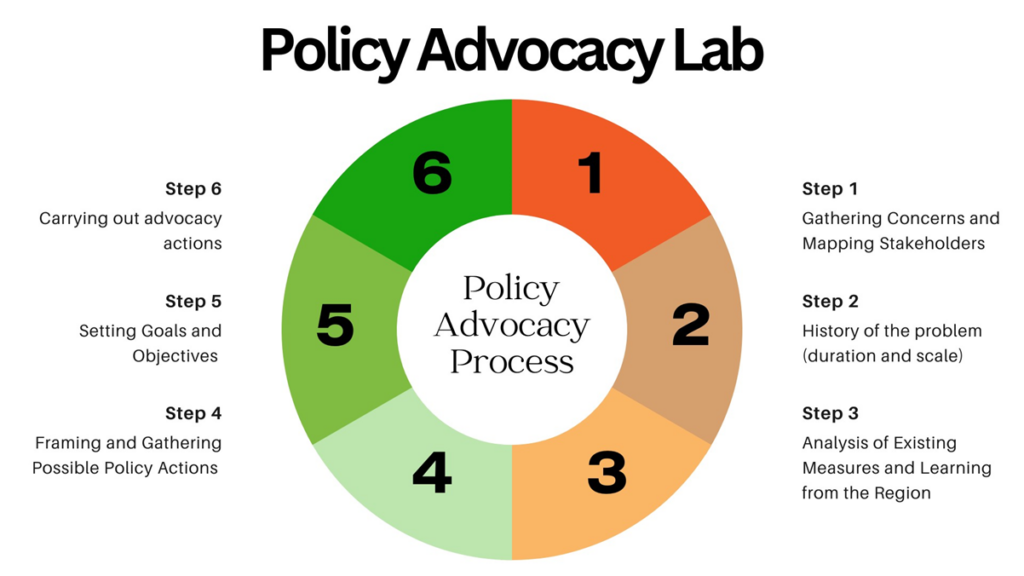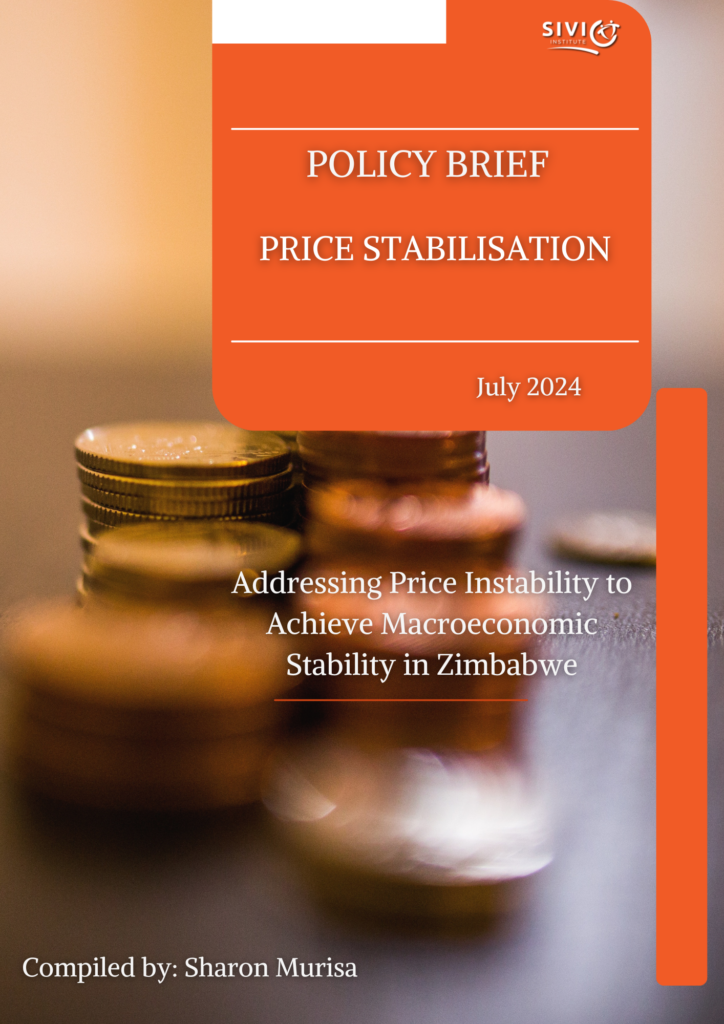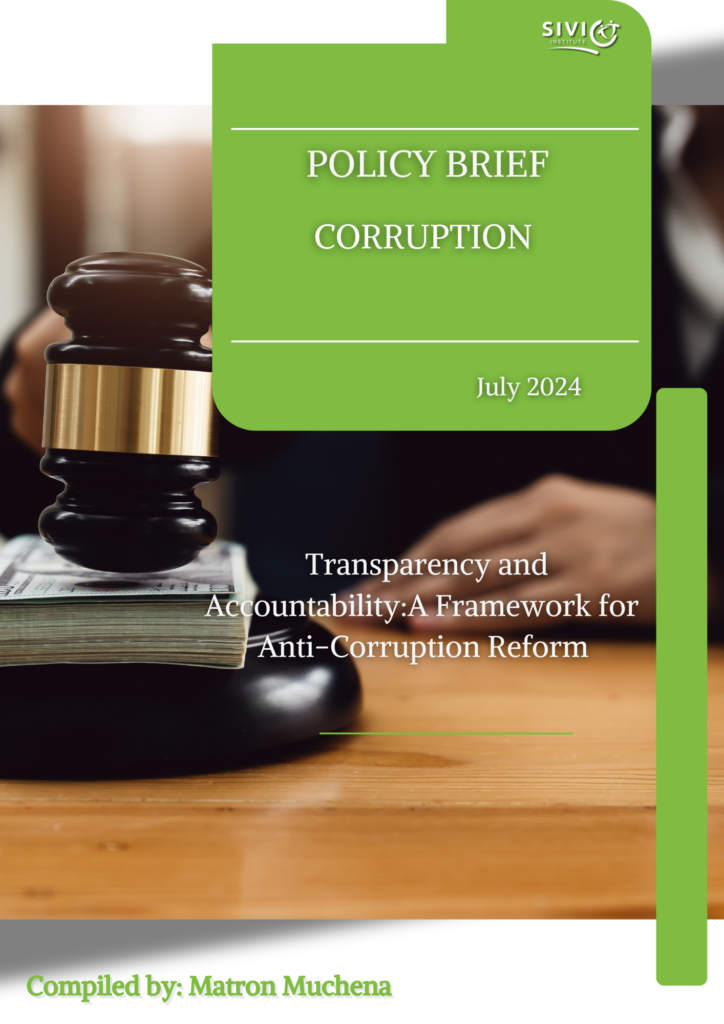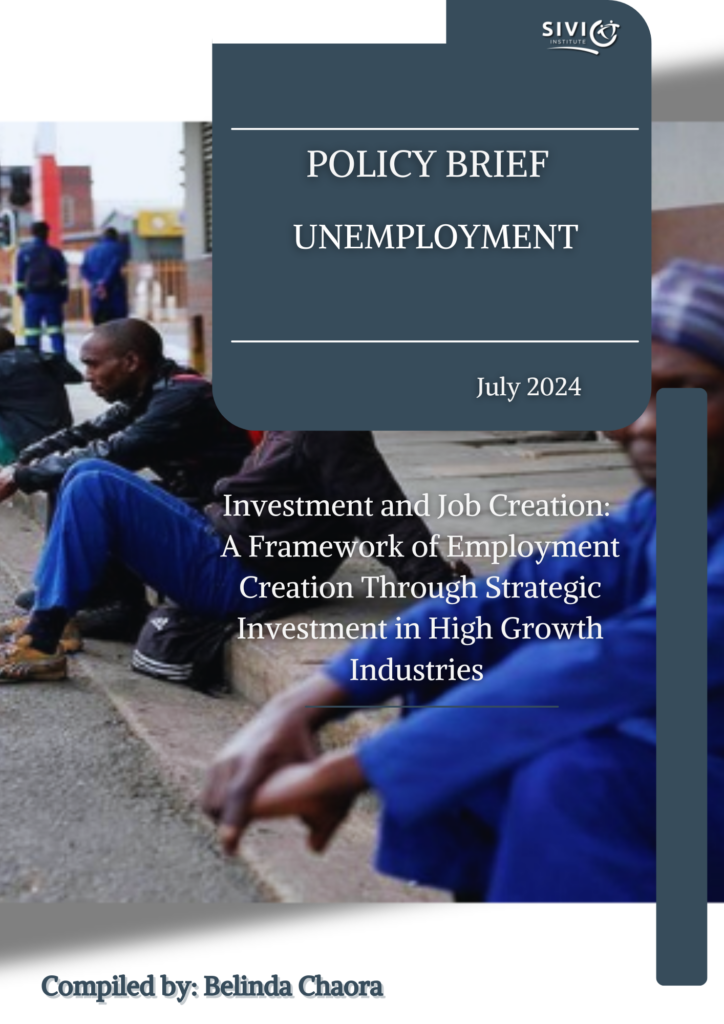SIVIO Institute began the Policy Advocacy Labs (PAL) experiment in 2020. This a collective learning process that takes ordinary citizens through several steps to identify an issue or problems and craft potential policy solutions for that problem. We did this to broaden the level of participation of Zimbabweans in the policy-making process. Our desired outcome was the ability to identify and work with office bearers to craft solutions that are buttressed by an intimate knowledge of development challenges at a local level. We ran the Policy Advocacy Lab experiment again from September 2023 to June 2024. In addition to sharing the knowledge we have gained on managing and running advocacy campaigns, we wanted to see if the findings from our annual survey on Citizens’ Perceptions and Expectations hold true. In these surveys (which have been running since 2018) we noted the top five challenges citizens raise as priority areas are employment creation (raised by 53% of respondents ), corruption (41%), health and service delivery (40%), price instability (35%) and resuscitating industry (34%). Hosting a PAL process would allow us to have a deeper knowledge of citizens’ perception using both previous field research and individual input from our participants. The PAL process involves 6 distinct steps each building of the previous one. These are:
- Gathering concerns and mapping of stakeholders
- Outlining a history of the problem
- Analysis of existing measures and learning from the region
- Carrying out advocacy actions
- Setting goals and objectives
- Framing and gathering possible policy actions

The 2023-24 PAL group identified three (3) issues which are major challenges for citizens and require urgent attention by the Government of Zimbabwe (GoZ) to ensure equitable socio-economic development. These three (3) are corruption, price instability and unemployment.

Price Instability
The Price Stabilisation Policy brief highlights the several interventions which have been introduced by the GoZ over the last 25 years. Since 1999/2000 when the Zimbabwe dollar started on an inflationary trend, GoZ has introduced price controls, new currencies and various monetary policies. Inflation has soared many times over, leaving citizens vulnerable and unable to create a long-term plan for their lives. Part of the price volatility crisis has created a network of black-market forex traders as ordinary citizens struggled to gain access to foreign currency because of restrictions imposed by monetary policy rules. This write-up is produced at a time when Zimbabwe has introduced a new currency i.e. the Zimbabwe Gold (ZiG) which is gold-backed. By virtue of being gold-backed, the currency may experience stronger rates of stability than the previous version of Zimbabwe’s currency. Nonetheless this write-up gives some significant recommendations for how other parts of the economy can come into alignment for a complete renewal of the system. This write-up was compiled by Sharon Murisa who helped facilitate the PAL process as an associate of the Centre for Civic Engagement.
Corruption

Our next write-up was compiled by Matron Muchena. Matron previously shared a blog on the PAL process and some lessons the Civic Engagement team learnt during the training process. She curated concerns and recommendations on the group that discussed corruption in Zimbabwe. The write-up highlights important pieces of legislation introduced by the GoZ to supposedly curb corruption with the introduction of corruption courts, the anticorruption commission in addition to being signatory of SADC, AU and United Nations declarations to fight against corruption. The writeup collates some of the negative impacts experienced by citizens as they have encountered corrupt officials all across Zimbabwean society. According to PAL participants the phenomenon has become pervasive affecting community norms and values, and impacting ethics such that even children are exhibiting signs of corrupt behavior. This write up make mention of the low record of prosecutions within Zimbabwean courts and the weak score the country is achieving on the Corruption Perception Index.
Unemployment

The last of this collection is the policy brief on unemployment compiled by Belinda Chaora. This write-up holds a repository of some of the important pieces of legislation that have been introduced in attempts to foster an entrepreneurial environment for micro, small and medium enterprises as well as promote job creation in Zimbabwe. The writeup explains the difference between high and low quality jobs and the state of Zimbabwe with regards to industry contribution to employment. In reality we see the impact of poor employment prospects and low quality jobs through the sheer numbers people turning to vending, buying and selling or ‘kukiya kiya’ (hustling) in the streets of Zimbabwe. The phenomenon is not only linked to one city but every city and town in Zimbabwe has young people failing to find a job or doing something they were not trained for. The write up pulls together aspects of the industrialization policy which was developed to align with the SADC industrialization policy and AU Agenda 2063. Participants in this PAL group made sure to emphasise that government sectors overseeing enterprise development, industry and commerce have an opportunity to rethink the use of natural and pre-used infrastructure to pivot into a new dimension of job creation and enterprise growth.
